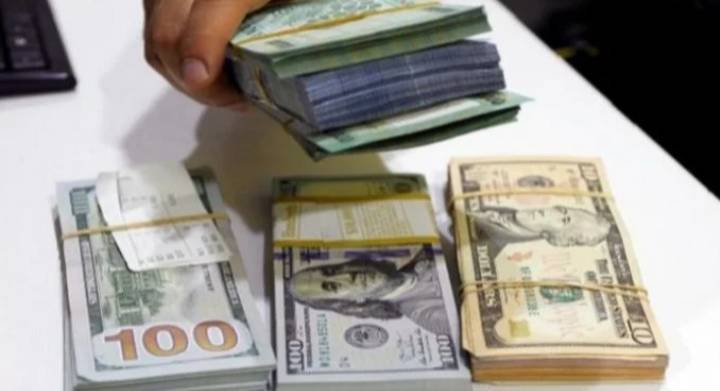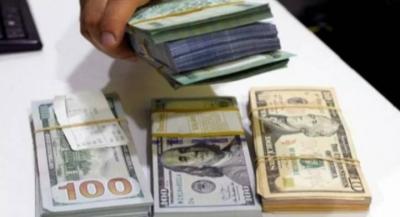Perhaps the hardest part amid the collapse is determining a minimum wage that ensures the basic necessities of a decent life. In light of the ongoing deterioration of the lira’s value and the rise of the dollar, most studies and research indicate that calculating the minimum salary must be accompanied by and suitable to the rate of inflation, which has reached unprecedented figures in Lebanon and ranks third globally. Consequently, calculating the minimum wage has become a matter of imagination. Is dollarizing salaries the solution, and how can this be achieved?
In this context, the president of the General Labor Union, Bishara Al-Asmar, explains in a statement to "Lebanon Al-Kabeer" that "the Consumer Price Index committee has enforced the principle of dollarizing salaries upon us. Some parties in economic bodies rejected this principle due to the difficulties it involves, such as how to declare to the National Social Security Fund and the Ministry of Finance, especially since the dollar is fluctuating."
Regarding the private sector, Al-Asmar emphasizes "the need to study linking the cost of living changes to the exchange rate of the dollar. As for the public sector, this principle has been discussed in meetings with the Prime Minister to link salaries and salary developments to the dollar exchange rate, but the Ministry of Finance has not yet agreed."
He adds: "Today, we await what is to be presented tomorrow (today) to the Cabinet concerning public sector salaries and transportation. There is a proposal to give five liters daily to each employee, especially since the liters will be priced daily according to the exchange rate. Thus, we are waiting for the mechanism that will pave the way for partial or total dollarization of salaries, noting that a large part of the private sector, including economic bodies, and institutions that are comfortable and able to invest, are working to pay salaries partially or fully in fresh dollars."
On how to determine the minimum wage, Al-Asmar notes that "the last study set the minimum wage at 20 million lira, but in reality, this amount is unattainable as economic bodies categorically refuse it because it would lead to further inflation in the market," pointing out that "we were once against dollarization, but this reality has forced us to demand dollarization of salaries, especially when it began affecting the cost of living, which we have recently witnessed in supermarkets."
For his part, the Vice President of the Association of Industrialists, Ziad Bakdash, sees dollarization of salaries as the biggest problem, noting that some institutions pay employees in Lebanese pounds according to the figures issued by the Consumer Price Index committee, while others pay in fresh dollars, and others still pay in both dollars and Lebanese pounds.
He clarifies that the minimum wage for the private sector is $100, confirming that "we are not in favor of total dollarization, but there is no other option but to accept this reality for the sake of the worker, as their entire life has become dollarized."
As an industrial association, Bakdash states: "We have been proactive in adjusting industrial salaries because 60-70% of the products sold in the local market are made in Lebanon. There are certainly some sectors, like food exports to foreign countries, particularly Saudi Arabia, which take the largest share. Additionally, most of these institutions pay their employees between 40-70% in fresh dollars; thus, our reality is more acceptable than others. We also alleviate the burden of fuel and gasoline on our workers by providing buses or paying gasoline vouchers according to their needs, meaning that employees in the industrial sector do not monitor the dollar's rise and fall as others do."
Regarding the meeting of the Consumer Price Index committee about a month ago to adjust salaries, he notes that "the dollar was around 40,000 lira, and we agreed then that the minimum wage would be 4.5 million lira, or $100. However, today the dollar has surpassed 80,000 lira, and they have not approved the old decision yet, and they are asking for another meeting of the index committee. But the question is what will be done if the dollar drops in the future? Thus, there is nothing fixed," stressing the importance of "finding long-term solutions to protect employees and institutions."




